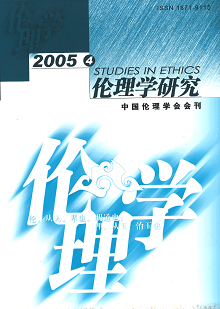|
|
An Analysis on Family Style Mode in the Construction of Chinese Business Ethics
Zhu Jinrui
2005(4):
45-49.
Business ethics mode, which is the behavior structure of business ethics characteristic, is the result of common understanding of value and accumulation of culture formed in the long process of management practice. In essence, it is a kind of culture pattern, has uniqueness and can\'t be duplicated. Enterprise\'s family style mode is one kind of current China\'s numerous business ethics modes. Its characteristic is mainly shown that it regards feeling as the core, regards obeying as the basic norm, family\'s morals are higher than system retionality. This kind of mode undoubtedly has positive function in initial stage of development in enterprises. But with the development of enterprises, if chinese enterprise didn't finish the conversion to the modern enterprise system on property right, or didn't slightly modify inside, blood relationship and kindredship might be magnified and stereotyped, thus become the restriction factor of enterprise\'s development.
|



